What's the Childhood Desire That Most Defines You?
There's one basic impulse behind just about everything you do.
My week at the beach with Teddy is over! I've gone from worrying we'd kill each other during our week of living together in very close quarters to feeling very sad, this morning, that I had to wake up without being greeted by him. ("How do YOU think you slept?" he might ask me, were he here.) And it was very lonely to return to my humanless apartment. Anyway ...
WHAT IS A "LIFE DRIVE"?
As I've mentioned before, I'm reading a book called Psychoanalysis: The Impossible Profession by Janet Malcolm — an exploration of what it's like to be a practitioner of Freud's "talking cure." Malcolm begins with a précis of some of Freud's most important theories (including transference) before looking closely into the life and mind of one New York City analyst, a man she calls Aaron Green. Aaron is charming, deferential, polite, impassioned, and a good storyteller — but though he may be a shrink, he has issues just as much as anyone else does. In one passage that I found especially interesting, he talks about how he avoids socializing with other members of the psychoanalytic community. He says:
"They talk about their houses in the country, the schools their children go to, their trips in the summer.... I don't feel comfortable with them. I recognize this is as an old childhood trait. I've never felt 'in' anywhere — not in school, not in college, not in medical school, not in psychiatric training — and now I'm playing it out in relation to the analytic community. Everyone's analysis unearths a central fantasy, and mine is that of an outsider looking into the bedroom: feeling excited and scared, getting aroused, trying to figure out what is going on, but not having to get involved, not having to risk anything. There are many ways of playing out this fantasy. I could have become a Peeping Tom..."
But instead he became a psychoanalyst: a person who gets to know another very intimately by being on the outside, looking into the patient's real life.
I was intrigued by the idea that a single paradigm or scenario could explain one's life trajectory!
MY "LIFE DRIVE"
So I began trying to think about what my "life drive" is. Exploring that territory with Teddy, I mused: "I think I always feel like an orphan who's trying to gain the love of the adults. And I feel like 'they' won't love me, that nobody will, unless I do something very good and noble and hard — like writing a novel. And I also have to be obedient enough and polite enough and charming enough to make them love me. I'm always trying very hard to be a very good girl — though I rebelled against that instinct or the internal pressure, at different periods, by drinking too much or doing drugs or whatever."
I continued: "I'm sure all this comes from my experience as a kid, when my mother was very sick, and everyone was always telling me if I was just a very good girl, she'd get better. And then, after she died, my father really withdrew, so it was always a struggle to get his attention; I always felt like I had to do something to get his attention. Though I guess when being good didn't seem to interest him, I would be bad. And then we had sixteen housekeepers in between my mother's death when I was eight and the time I matriculated at college — sixteen mother figures passed through the house — and it just seemed like I was always working to gain the love of someone new."
Stay In The Know
Get exclusive access to fashion and beauty trends, hot-off-the-press celebrity news, and more.
Teddy then said — with a real abundance of empathy — "I think everyone just wants to be loved."
But as I pointed out to him, different people go about it in different ways. For instance, I think my friend Ruby Finch wants to be loved, but the way she goes about it is by just infusing the world around her with her love — by being the world's most supportive and generous friend, by making delicious meals for people, by giving everyone who comes her way a hug or a shoulder squeeze or some form of affection. Another friend — who had four very loving parents (two biological ones and two by remarriage) — is more cautious and reserved. After first meeting someone, she tries to assess whether that individual might fit into the family — and if that person does, my friend very actively welcomes her in.
YOUR "LIFE DRIVE"
How do you figure out your life drive? Hmm. Ask yourself what your goal is when you meet someone new. Is it to be liked? Is it to intimidate? Is it to grant approval? Is it to assess?
What kind of work do you do, professionally, and why do you do it? How do you hope it will make people perceive you or respond to you? (I became a writer in part because — as crazy as it may sound — I thought I could help people, emotionally, by doing it. But I also thought it would make people recognize me and love me.)
Show your friends this post, and ask them if they have any thoughts about your defining scenario.
Also — once you've determined your drive, tell me. Tell us. Your insights might help other people figure themselves out. And the more we understand ourselves and our motivations, the closer we get (if only inch by inch) to more happiness.
-
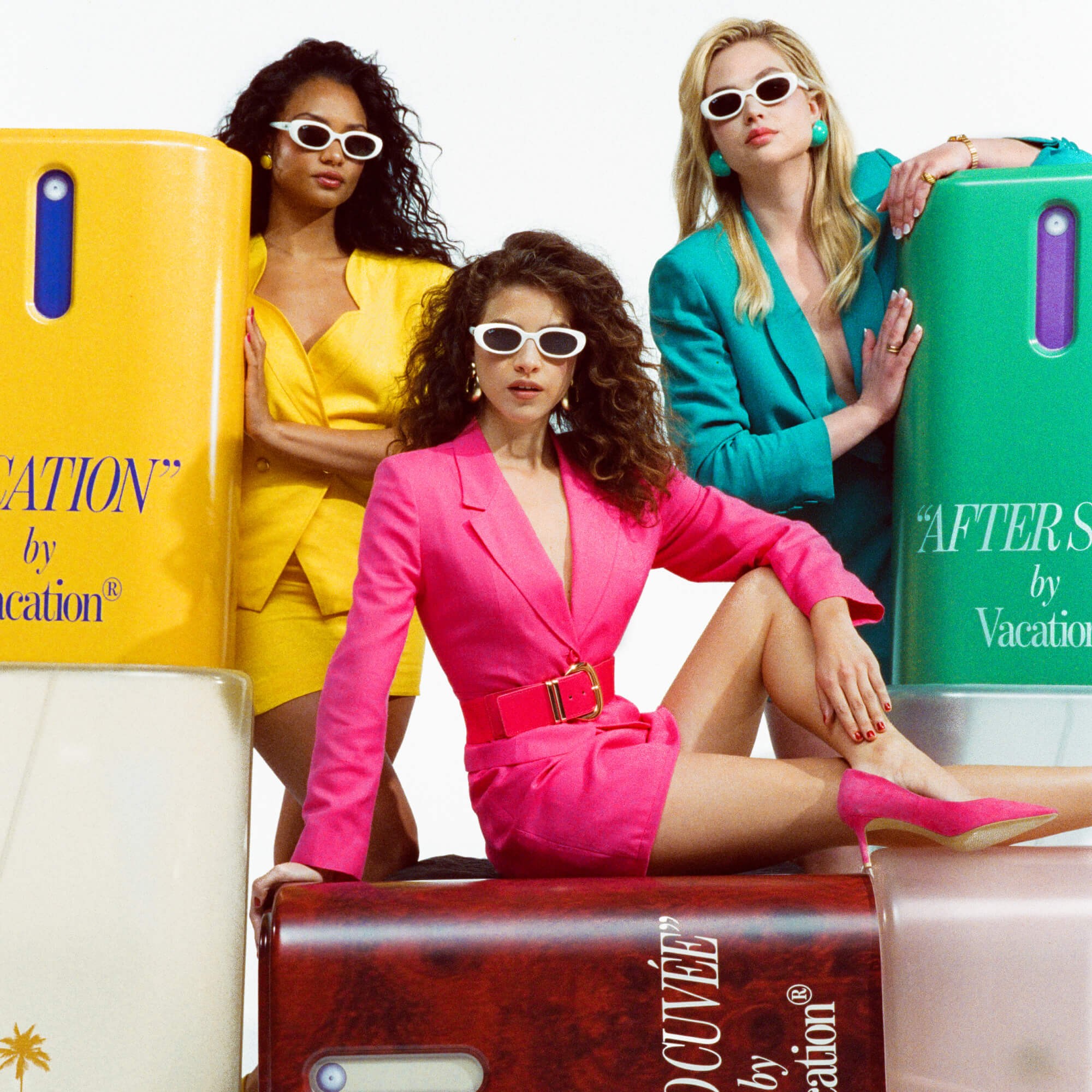 The Scent of the Summer Is a Little Bit Pool Water, Plus a Lot of Swimsuit Lycra
The Scent of the Summer Is a Little Bit Pool Water, Plus a Lot of Swimsuit LycraVacation’s new body mists are coming in hot.
By Samantha Holender
-
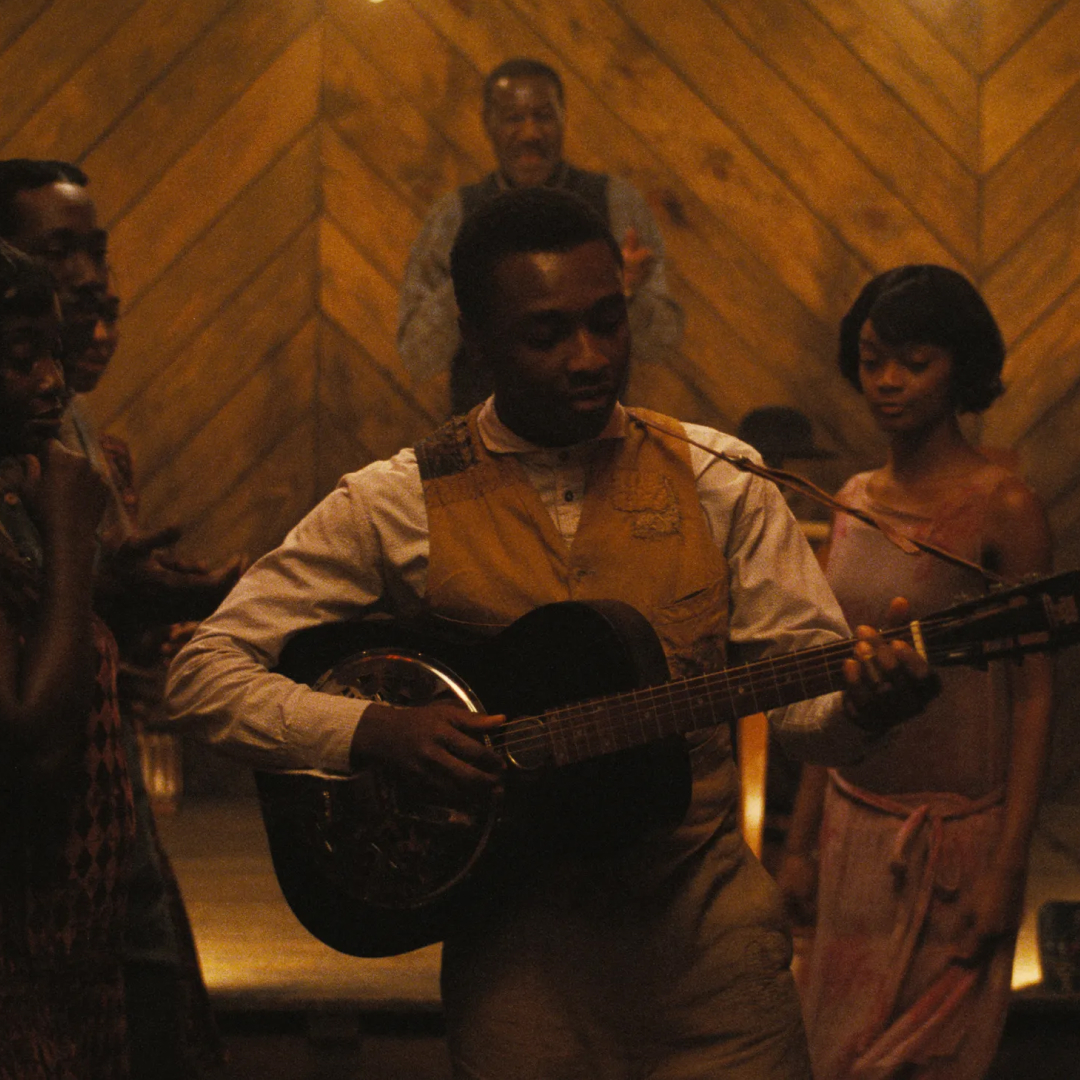 In 'Sinners,' Music From the Past Liberates Us From the Present
In 'Sinners,' Music From the Past Liberates Us From the PresentIn its musical moments, Ryan Coogler's vampire blockbuster makes a powerful statement about Black culture, ancestry, and art.
By Quinci LeGardye
-
 Kendall Jenner Has the Last Word on the Best Travel Shoes
Kendall Jenner Has the Last Word on the Best Travel ShoesLeave your ballet flats in your checked bag.
By Halie LeSavage
-
 30 Female-Friendly Porn Websites for Any Mood
30 Female-Friendly Porn Websites for Any MoodFeatures All the best websites, right this way.
By Kayleigh Roberts
-
 The 82 Best Cheap Date Ideas for Couples on a Budget
The 82 Best Cheap Date Ideas for Couples on a Budget"Love don't cost a thing." —J.Lo
By The Editors
-
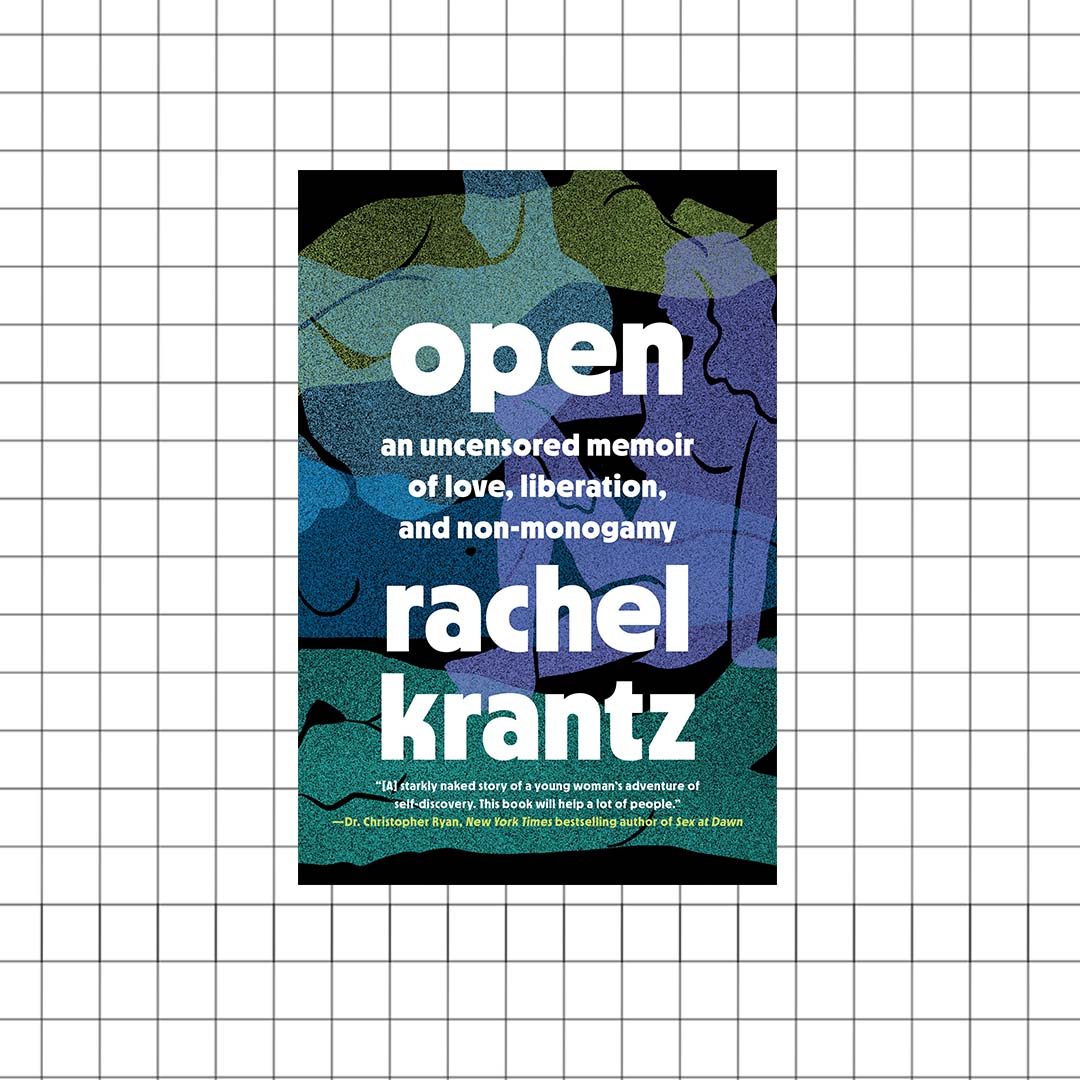 Diary of a Non-Monogamist
Diary of a Non-MonogamistRachel Krantz, author of the new book 'Open,' shares the ups and downs of her journey into the world of open relationships.
By Abigail Pesta
-
 COVID Forced My Polyamorous Marriage to Become Monogamous
COVID Forced My Polyamorous Marriage to Become MonogamousFor Melanie LaForce, pandemic-induced social distancing guidelines meant she could no longer see men outside of her marriage. But monogamy didn't just change her relationship with her husband—it changed her relationship with herself.
By Melanie LaForce
-
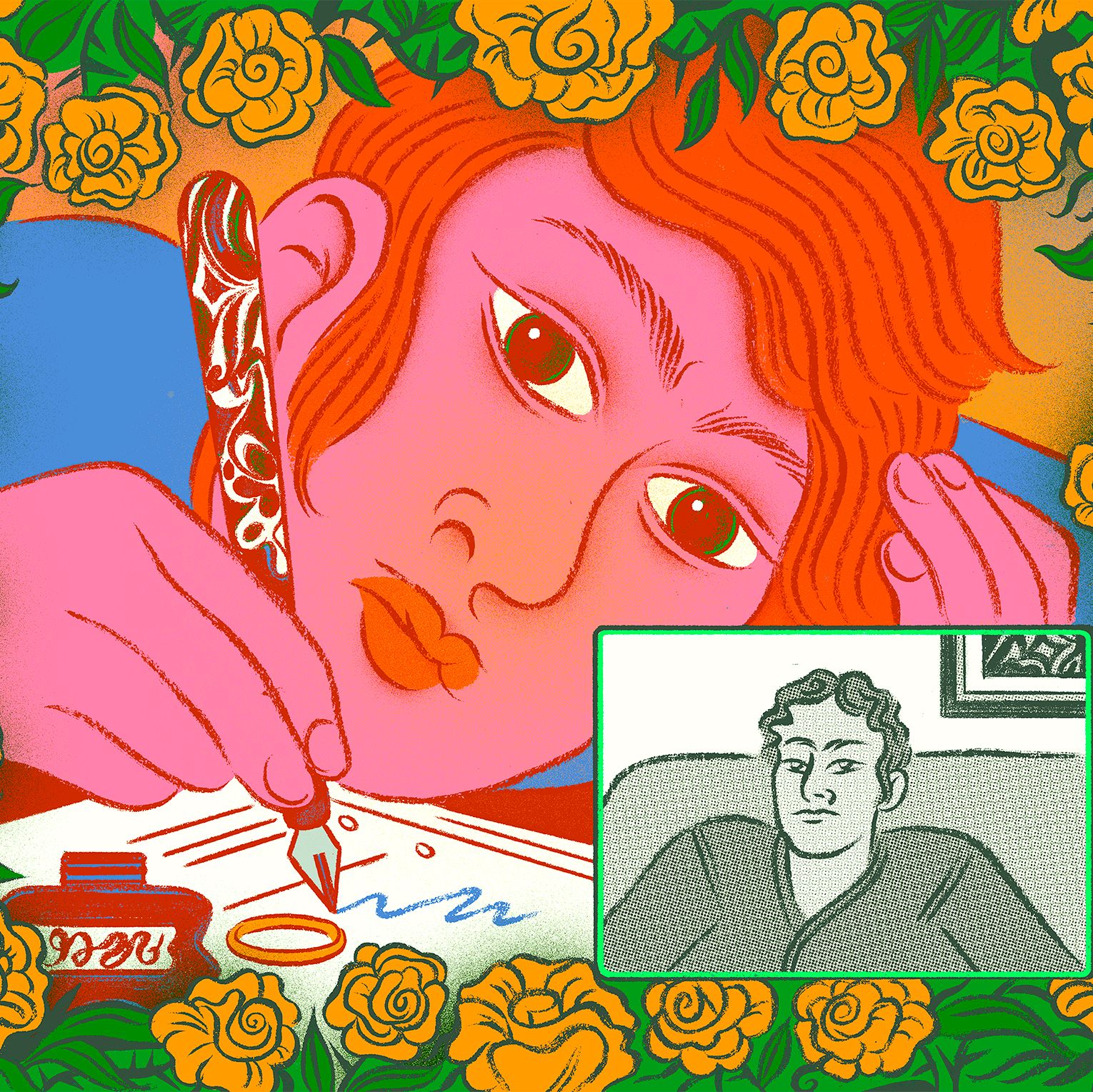 COVID Uncoupling
COVID UncouplingHow the pandemic has mutated our most personal disunions.
By Gretchen Voss
-
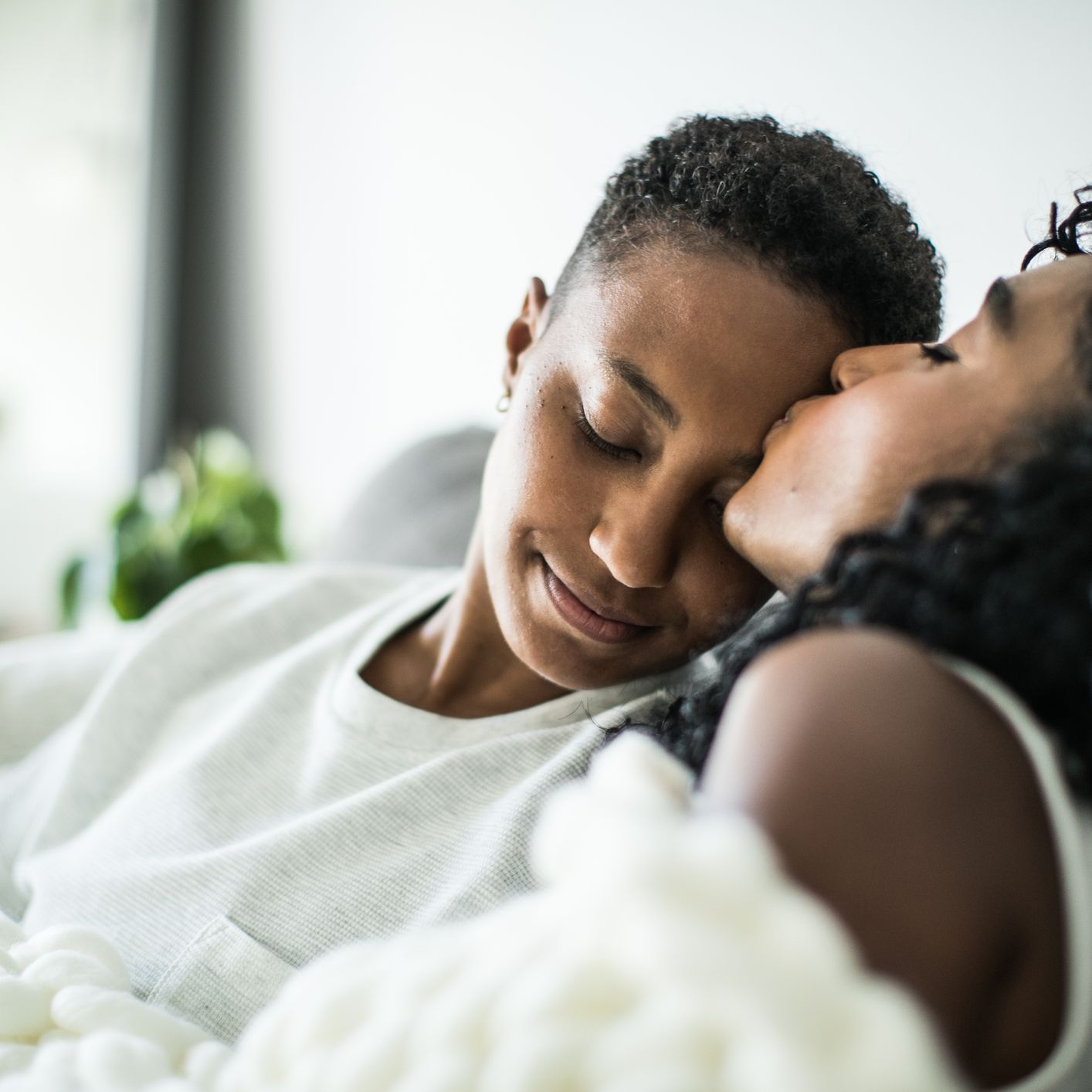 16 At-Home Date Ideas When You're Stuck Indoors
16 At-Home Date Ideas When You're Stuck IndoorsFeatures Staying in doesn't have to be boring.
By Katherine J. Igoe
-
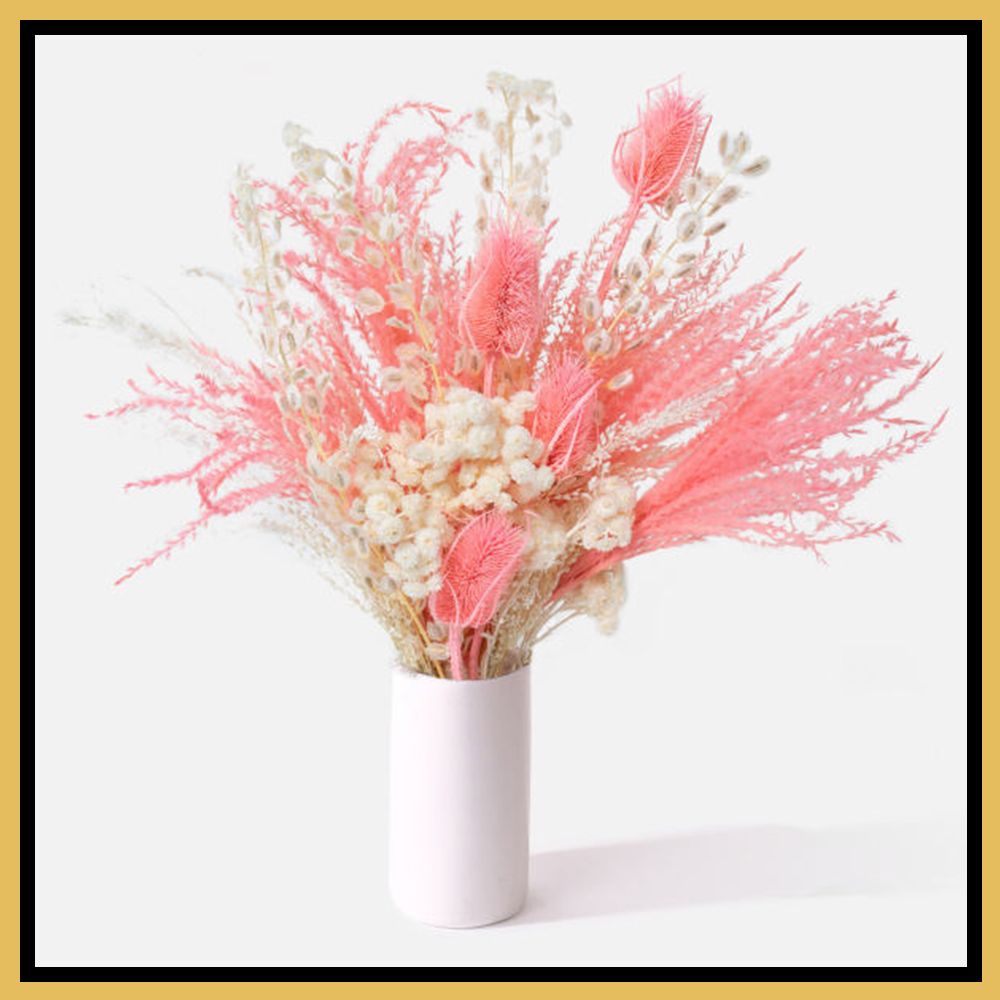 Long Distance Relationship Gift Ideas for Couples Who've Made It This Far
Long Distance Relationship Gift Ideas for Couples Who've Made It This FarAlexa, play "A Thousand Miles."
By Jaimie Potters
-
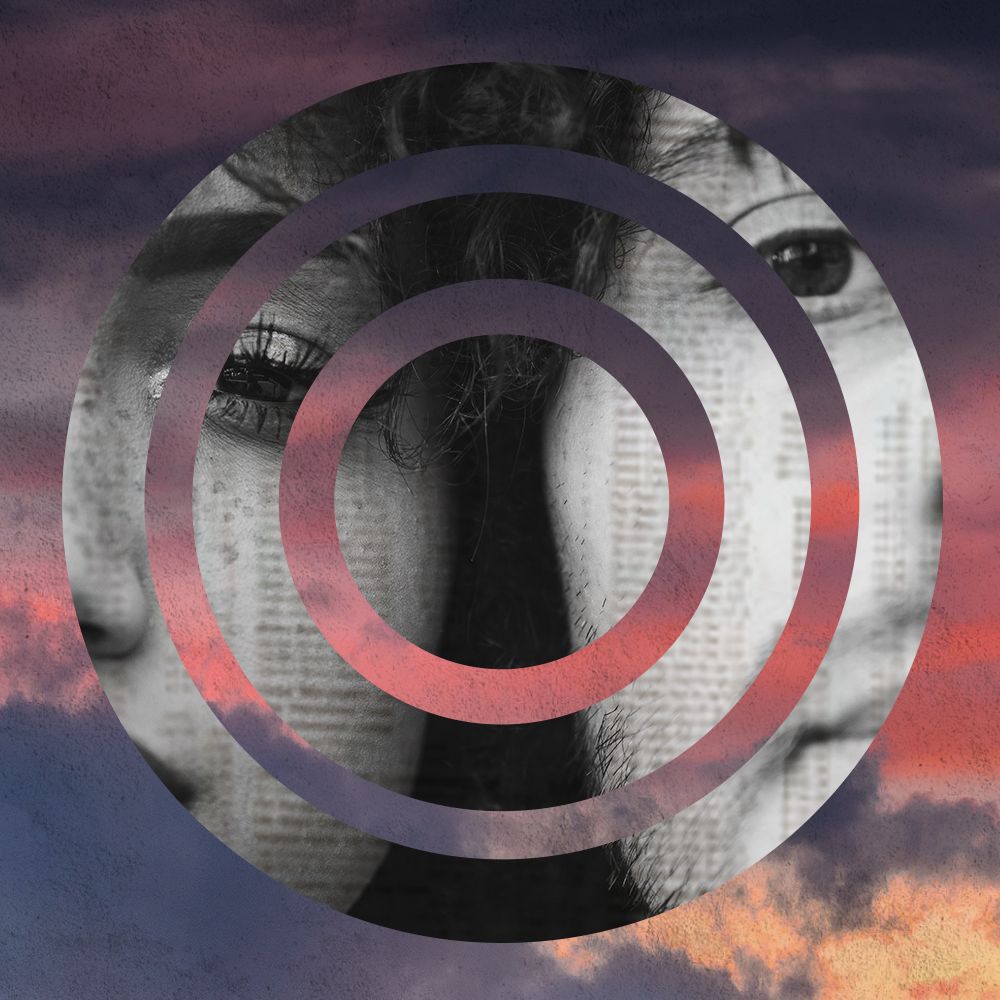 15 Couples on How 2020 Rocked Their Relationship
15 Couples on How 2020 Rocked Their RelationshipFeatures Couples confessed to Marie Claire how this year's many multi-stressors tested the limits of their love.
By Sherry Amatenstein, LCSW